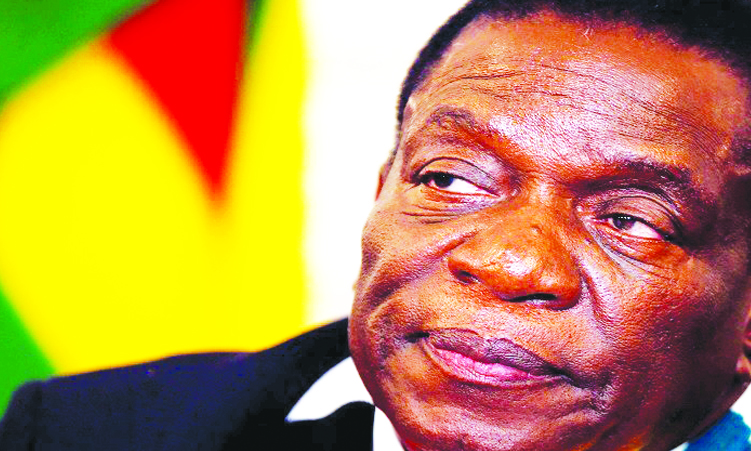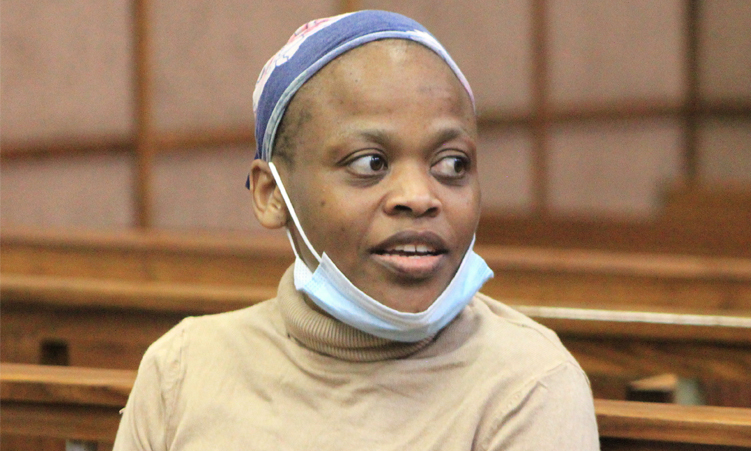• ELLISON TJIRERA and RUI TYITENDE
IN MID-AUGUST, we travelled to Walvis Bay to meet with at least five fishermen who lost their jobs in the aftermath of the Fishrot scandal.
What was supposed to be a focus group discussion with five ordinary fishermen turned into between 60 to 70 people! These men were all eager to tell their stories to two strangers.
The overwhelming interest shown in our research endeavour speaks of palpable desperation.
The fishermen’s stories merit closer attention than they have so far received when it comes to the Fishrot saga.
Since the scandal surfaced in 2019, the narrative has been dominated by those alleged to have stolen millions.
Court proceedings have been about defending the rights of the alleged criminals. Attached properties, frozen bank accounts, inability to honour bills while behind bars, and humiliating prison conditions are but some of the issues emerging from court testimonies.
What has been largely absent is the story of ordinary fishermen unable to make a living following Fishrot. Their stories are mentioned in passing.
We fleetingly hear that the government is seized with their plight. But indications are that the fishermen are ‘collateral damage’.
In the words of one fisherman, “the nets we threw in the ocean did not catch millions of dollars, but fish. It was the fish [we] caught that generated millions”.
UPROOTED
Most of the young men we spoke to are now consumed by a nihilistic attitude towards life and are uncertain about their prospects of a better future.
Perhaps they should be granted an opportunity to cross-examine the main Fishrot suspects and narrate how their lives have been uprooted as a result of insatiable greed and grotesque conspicuous consumption.
Most of these men now live with relatives at Walvis Bay and Swakopmund and are trying hard to make ends meet.
Some have lost their dignity as breadwinners, separated from their wives and girlfriends. Others have not seen their children for years as they are unable to travel to the northern part of the country because of financial hardship.
Others have turned to crime, saying the options of making an honest living are limited.
There are also instances where hard decisions have had to be made.
“I did not have a choice but to send my two school-going children back to the north,” a 33-year-old woman who could no longer sustain her children’s upkeep told us.
Another fisherman lamented the indignity of being forced to move in with his uncle. “Every time things go missing in the house, I am the one who is blamed,” he said. These are but snippets from the stories shared with us.
A BITTER PILL
Juxtaposed with recent developments in the political sphere, it leaves a bitter taste in the mouth.
The nomination of certain characters to the upper echelons of the governing party’s structures is a microcosm of everything that is wrong with Swapo as a former liberation movement and now governing party.
Among others, the fact that Armas Amukwiyu (given his track record) was recently nominated to run for secretary general of Swapo speaks to the indifference and arrogance of power.
Also worrying are comments by Swapo’s vice-president, Netumbo Nandi-Ndaitwah, in defence of the Fishrot saga.
“We started very well, and it [fishing sector] was contributing significantly to the economic growth and development of the country. But because there are those who are jealous and against us, unfortunately, they ended up making use of some of our citizens to undermine the fishing industry,” she said
Nandi-Ndaitwah appears to insinuate that a third force was involved in the Fishrot saga. This indicates a leadership out of touch with reality and failing to take responsibility for what happened.
It is one of the areas where serious reforms need to start.
As a collective, the plight of the downtrodden should concern us all. We have a moral and constitutional obligation to ensure a decent life for all, especially the governing class responsible for collecting taxes and distributing resources across the Namibian populace.
Stay informed with The Namibian – your source for credible journalism. Get in-depth reporting and opinions for
only N$85 a month. Invest in journalism, invest in democracy –
Subscribe Now!






